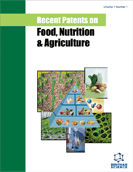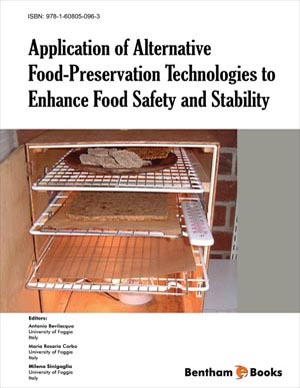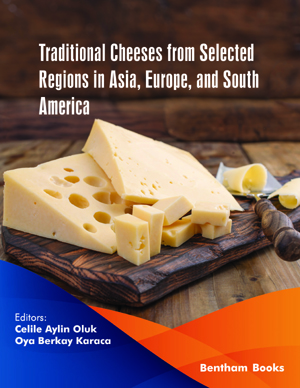Abstract
Antimicrobial agents have been the target of numerous research studies for a long period of history and they still attract great research interest namely in what regards to the discovery of newer molecules or the search for newer sources of natural antimicrobials. Antimicrobial agents include drugs, supplements, and ointments which particularly act on bacteria, fungi, comprising molds and yeasts, viruses as well as parasites. Phytochemicals, essential oils, antimicrobial peptides, metal oxides like silver and gold, namely those found as nanoparticles, are being used to treat microbial infections. Antimicrobial pesticides, some of which are isolated from the bacteria themselves, are being studied to help eradicate pathogens in the clinic as well as being used by agricultural companies. There are also various food derivatives that are used as antimicrobial agents. In this chapter, antibacterial, antifungal, antiviral, and antiparasitic antimicrobial agents, which include natural and synthesized molecules used as food additives, are addressed. An outlook of recent advances in drugs and other procedures of treating microbial infections is also given. This chapter also focuses on antimicrobial essential oils and antimicrobial pesticides with a closer look at the effects of heat and radiation as antimicrobial therapies.
Keywords: Antimicrobial Peptides, Antibacterial, Antifungal, Antiviral, Food, Physical agents.



















